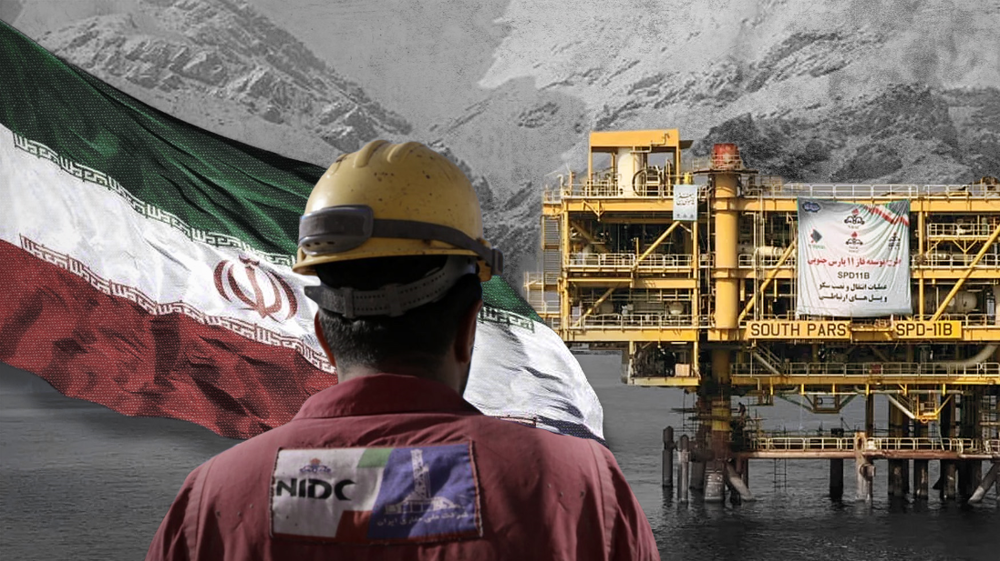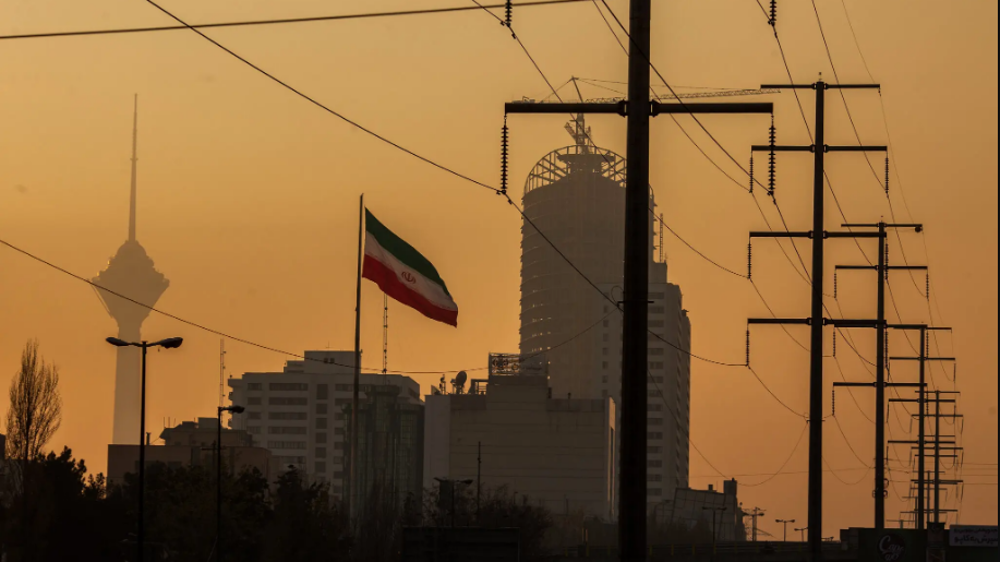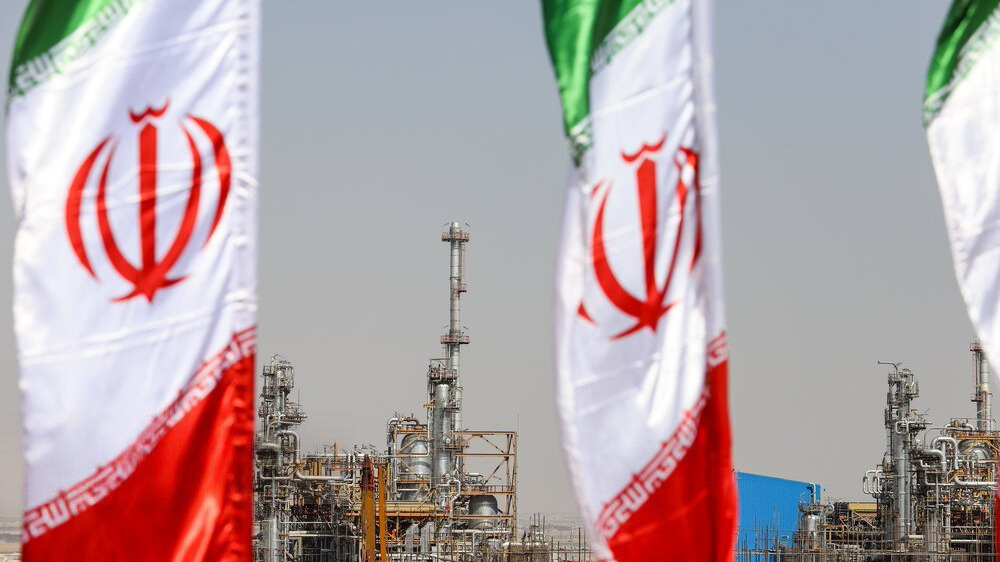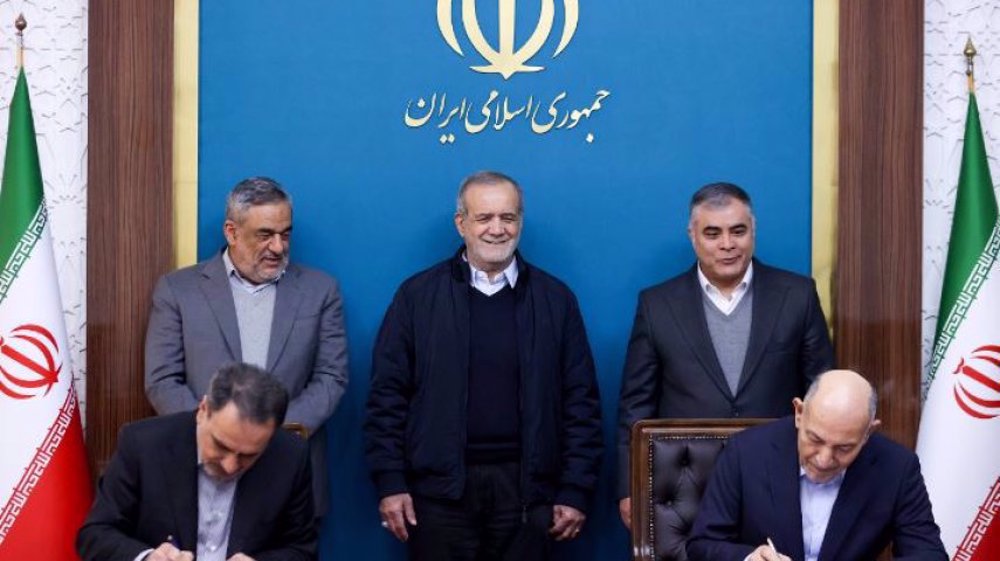Elaborate dynamics of Iran’s energy development
The role of energy as a geopolitical factor has gained strategic importance for countries to safeguard critical interests and bolster security. Iran, which sits on the world's fourth-largest oil and second-biggest gas reserves, has an important role to play in global energy developments.
Energy diplomacy is one of the key determinants which the Islamic Republic needs to use in its strategic behavior to leverage against outside pressures.
Russia is a clear example of a nation which uses energy diplomacy to secure its strategic and political goals. The country relies on oil and gas for around two-thirds of exports and half of federal budget revenues.
Europe somehow still depends on Russia’s energy despite promises to change course. While the war with Ukraine lumbered into its fourth year this month, the EU imported a record 16.5 million metric tons of LNG from Russia in 2024, using glaring loopholes in the sanctions regime. Only Slovakia deposited more into Russian accounts for fuel than France, followed by Hungary, Austria, and Spain.
Another example is Qatar. A small emirate sandwiched between giants Iran to the north and Saudi Arabia to the south in the Persian Gulf, Qatar has used its energy heft to posit itself as hub in regional diplomacy.
The country is one of the world's largest LNG exporters, which has emerged as both a major non-NATO ally of the United States and a middle power in the Arab world in the 21st century.
The two cases show how energy diplomacy can help create opportunities for international interaction in order to maximize the geopolitical and geoeconomic interests of countries, and fend off international threats.
Natural gas is a strategic commodity, which enables its holders to influence political, regional, and global equations in their favor.
Due to its rich oil and gas resources and its location in a strategic energy region, Iran has the potential to play a key role in energy supply and security. Iran's share in energy production, trade, and transmission can enhance its regional position and increase the country's security and national power.
Though the country faces a raft of unilateral sanctions and several major geopolitical hurdles, Iran’s oil and gas sector has seen a significant expansion in recent years.
The Islamic Republic has proactively pursued new energy ties with its neighbors, including Turkey, Iraq, and Russia, while simultaneously investing in domestic oil and gas projects to boost output and exports.
Iranian gas and electricity powers more than a third of Iraq’s energy needs, forcing the US to carve out an exemption from its policy of “maximum pressure” sanctions on Tehran.
Last year, Iran produced about 260 billion cubic meters of gas, 12 billion cubic meters of which was exported to neighboring Turkey and Iraq. The Islamic Republic also exports a range of petroleum products and electricity to Pakistan, including approximately 500 gigawatt-hours of power a year.
According to the ministry of petroleum’s Shana news agency on Wednesday, for the first time in the Iran’s history, daily natural gas production reached 1.106 billion cubic meters, 716 million cubic meters of which came from the giant South Pars field which the country shares with Qatar.
Last week, deputy of development and engineering affairs at the National Iranian Oil Company (NIOC) Reza Dehghan said Iran is set to sign seven major contracts worth $17 billion to boost gas pressure at South Pars.
Given the convergence of business interests, political dynamics, and global energy demands in the region, it is critical to understand the elaborate dynamics of Iran’s oil and gas sector.
Energy diplomacy can provide the necessary grounds for economic capacity building and the implementation of development plans in the oil and gas industry. This means every capacity building resulting in production and export will naturally lead to multilateral regional and international cooperation.
In other words, if energy diplomacy leads to an increase in the national income, the country will be in a better position to overcome multilateral threats and restrictions.
Sanctions on the Islamic Republic are a major threat to the country. Energy diplomacy is a countermeasure to geopolitical threats and limitations. In general, it requires the creation of infrastructures that enable the participation and cooperation of multiple actors.
With diplomatic dynamism, economic planning, upgrading of technical capabilities, and utilization of economic resources, the necessary foundations for activating energy diplomacy can be provided.
The right energy diplomacy can enhance Iran's national and international status, just as inattention to it can leave the country lagging behind on the path of development and empowerment.
Iran finalizes planning for talks with US; venue to be announced: Foreign Ministry
VIDEO | The official opening of Rafah Crossing
VIDEO | Iran prepared for equitable dialogue
VIDEO | Released to die: Medical neglect kills former Palestinian prisoner
VIDEO | Iran’s Islamic Revolution continues to send message of resilience across region
Iranian drone successfully completes mission in intl. waters amid reports of US sabotage
Gaza Civil Defense collapses as Israeli fuel blockade halts all emergency operations
UN Chief warns Israel’s E1 settlement plans threaten Palestinian statehood











 This makes it easy to access the Press TV website
This makes it easy to access the Press TV website